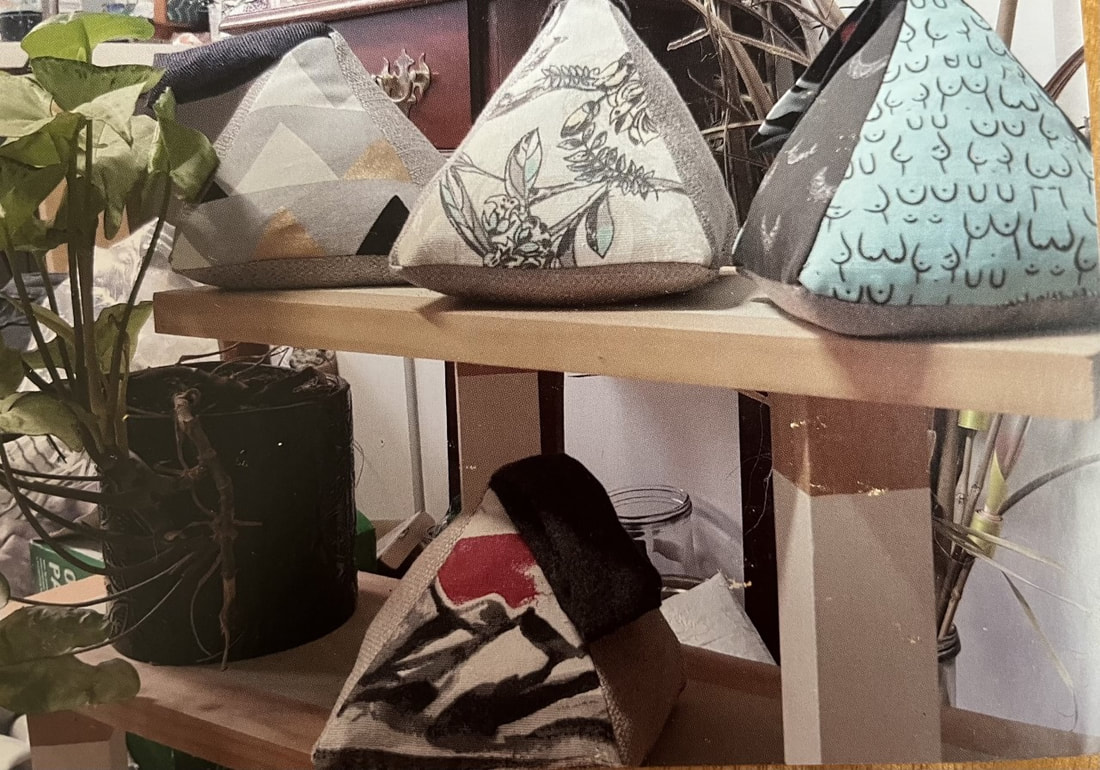
The shock came when I went to theological college in my early twenties. I was one of the first women admitted to a rather august Oxford seminary in the early 80s. The only change to the academic syllabus and the customs of the college made in anticipation of our arrival, was that the rooms of the seven female students were equipped with full length mirrors, presumably deemed unnecessary for their previous male occupants. Women you see are always required to consider how they are being perceived, while men are allowed their own perceptions. As about a third of the students were gay, I kid you not I spent my entire first year watching my male companions preen in my mirror!...
Hence my arrival at theological college was a considerable shock. Here I was in an environment where females were not only outnumbered ten to one, but their right to be there was constantly under question and scrutiny. My father, not at all a religious man, questioned why it was that I would want to join an institution that so clearly did not want me – I think he considered it a considerable waste of time and talent.
Certainly, I went through the same experience that any woman entering traditionally male terrain encounters – I would make a point in class and be ignored, only to have the same point made five minutes later by a male student and have it hailed as the greatest thing ever. Moreover, every image around me was male – the walls were lined with heavy oil portraits of white, male bishops; the corridors were lined with Punch cartoons featuring white male clergy. I felt as though I was invisible. And not only invisible – when I opened my mouth to sing in the college chapel my lighter tones could not be heard above the predominance of male voices, and the imagery of the worship - well you’ve guessed it, all male – what Brian Wren calls KINGFLAP language, ie language that describes God as King, Father, Lord, Almighty and Powerful. Invisible and voiceless, I began to feel powerless as well and to doubt myself and my vocation. During that difficult time, it was Josephine and a few other male students who convinced me to stay on and to trust myself and my sense of God, in spite of all that I was experiencing.
I became wiser, and I realised that the pictures we choose and the language we have for God really matters. Christianity, like Judaism before it, knows that no language can ever adequately describe God. In the end silence is the better option. However, if we want to retain our sense of God as personal – and we do- then we are likely to run into gendered language. When the people writing the scriptures and other authoritative tests are predominantly of one gender – in this case male – then those pronouns, those pictures will be the ones that dominate. There are other possibilities, but we have to hunt for them. So, for example the Hebrew scriptures talk about the glory of God, the Shekinah – a word that is feminine, and also about El Shaddai, ‘the breasted one”. God is also variously described as mother eagle, she-bear, mother hen, baker-woman – and there are many, many others. Nevertheless, when Jesus describes the kingdom as being like a good shepherd searching for lost sheep, a woman searching for a lost coin, and a father searching for a lost son – well guess which one most often gets missed out!
Reclaiming feminine imagery for God from the scriptures is a really important part of balancing our understanding of God as beyond gender and inclusive of all genders – truly a colourful kaleidoscope encompassing everything that is human. Unless we do this, some of us are always going to remain voiceless and powerless.
One way to do this is to recognise that whenever God speaks or expresses Godself in the world, we have the Word, or the second person of the Trinity, whom we habitually relate to in Jesus, whom we call Christ. However, what the Greek writers of the new Testament called Logos or Word, the Jewish writers called by a feminine name, Sophia or Wisdom. As we heard in today’s reading, Wisdom is the first of God’s creative acts, present before the beginning of the earth and constantly alongside as a co-worker. ‘whoever finds me finds life’ – just as whoever finds Jesus finds life abundant.
So, within God, from the beginning, is present both male and female and everything in between and beyond. This means that none of us is ever voiceless, powerless or invisible – but all of us are made visible and made flesh in Christ, in whom there is neither male nor female. So, no matter your gender, take courage to be fully yourself – for in you, the divine is eternally present. In the name of the God of all holiness and fulness, Amen.
by Penny Jones, 8 November 2020, for MCC Brisbane 'God and Gender' reflections series
photo: by Linda Birch (family friend)
 RSS Feed
RSS Feed